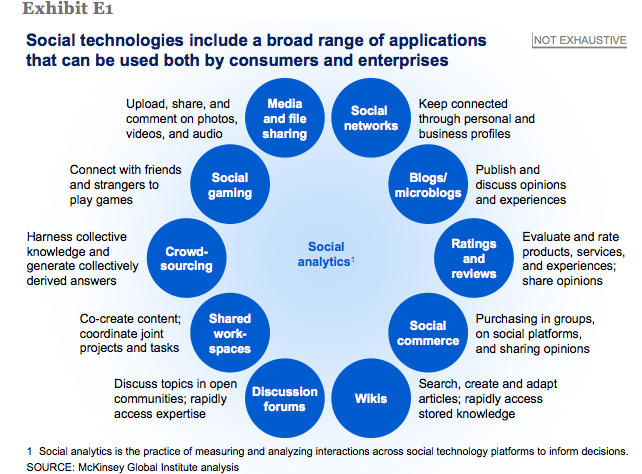Today I was lucky enough to attend the University of Ulster Computing and Mathematics Away Day – my role to represent Digital Circle and give the faculty staff an update on some of the exciting things we’re doing in mobile – starting with the iPhone initiative. One of the other talks was about Web 2.0, … Continue reading “Edu 2.0”
Today I was lucky enough to attend the University of Ulster Computing and Mathematics Away Day – my role to represent Digital Circle and give the faculty staff an update on some of the exciting things we’re doing in mobile – starting with the iPhone initiative.
One of the other talks was about Web 2.0, a suitably nebulous subject which was, for this talk, defined as “The Art of Listening, Learning and Sharing” which, up front, seems to be entirely suitable for a progressive university.
The issue for universities of the future is the fact that the average 11 year old has a higher “digital literacy” than the average lecturer in a university. This obviously colours what new students will expect from a university when they attend. They will likely expect interaction from their lecturer as a “peer” in some networks and yet not desire it in others. Few students may be happy with their Lecturers being a “Facebook friend” with the expectation that the difference in the culture hierarchy will mean it affects their relationship during classes. If a lecturer follows you on Twitter, he or she may see that you’re not impressed with the latest assignment and have decided to go out to Shine instead. That’s bound to be damaging.
Donald Clark mentioned formal higher education last week during his talks at the InvestNI IP Seminars. He referenced that you can download many lectures from eminent educators on YouTube, or from iTunes U. He claimed that classical classroom teaching is a horrid way to learn and that educators should be prepared to put their teaching material online. He also suggested that those who refuse to do so are perhaps insecure about the quality of their content?
This does not mean that lecturers are redundant as according to the talk today, students believe they are paying for face to face interaction with lecturers.
What does a “digital native” expect then?
When I went to university I had pretty much zero experience of computers. Sure – I had a Spectrum 10 years earlier but that wasn’t exactly inspiring. After my second year, we were presented with UNIX-based terminals in the Open Access Centres. This began my love of networked systems. I learned what I wanted (and learned more about that than what I was being taught). We had email but never interacted with university staff except to be told off for using the systems for accessing a MUD or MUSH which were the precursors of chat rooms to a degree (and arguably a precursor of Second Life). We had an instant messenger app called “zwrite” and we could use “talk” from the command line as well. And among our little cliques, we had the best fun.
These days, the new intake into the university will consist of people who have grown up with wikipedia, with chat rooms, with email, with instant messengers. They’re used to trusting the information sources they find online, they’re extremely competent at finding sources of information and sharing that information via social bookmarking or other online tools. They expect to have access to networks like Twitter or Facebook and are immediately suspicious or resentful of regimes which restrict that access. They’ll be able to circumvent those restrictions either through hacks distributed via their social network or by just using their phones (each individually more than a hundred times more capable than the computers I first used in the Open Access Centre). They’ll expect their assessment and course materials to be available online.
What’s more interesting is what access and interaction they expect from their lecturers. They’ll expect email. But what about blogs? Twitter? Facebook? SMS? Would they give their mobile number to their lecturer?
We didn’t have these problems…
